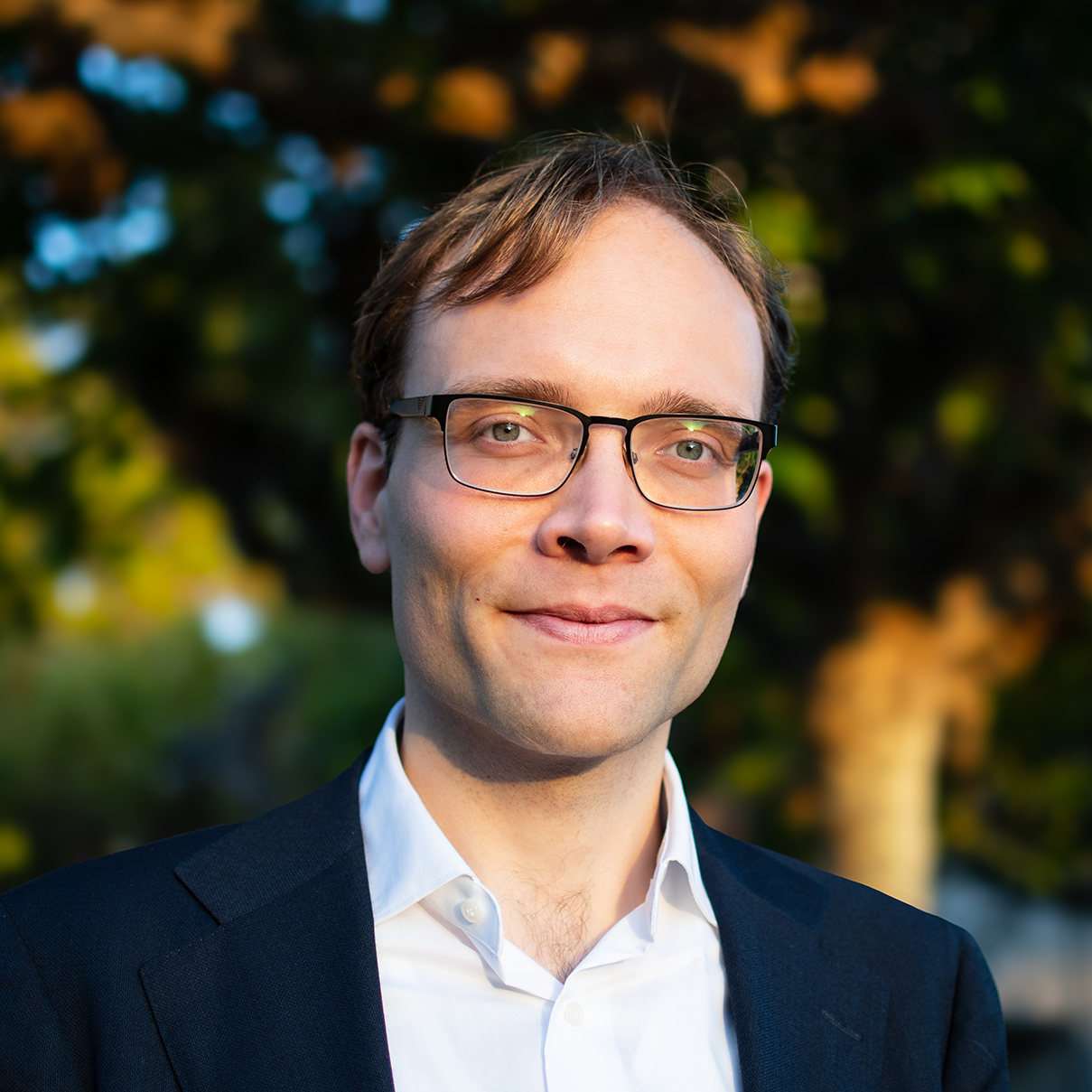
Dr. Gareth Sparham
A Brief History of, and Introduction to, the Śatasāhasrikāprajñāpāramitā (“The Perfection of Wisdom in One Hundred Thousand Lines”)
“The Perfection of Wisdom in One Hundred Thousand Lines” is a colossal scripture. Probably the longest sacred book in existence, it comprises 12 volumes running to nearly 10,000 pages in the Tibetan translation included in the Kangyur. Both the history of the scripture following Traditional Buddhism and a different history following the Western Buddhological Academic Tradition are of value. A “constructivist middle position” balances the two perspectives. The explicit teaching of the Perfection of Wisdom scriptures is that the fundamental tenets of Buddhism (the dharma), their originator (the Buddha), and those who put the dharma into practice (the sangha) are appropriate objects of faith and worship but are not authoritatively true or special in and of themselves. Not understanding this turns even the most sacred scripture or perfect tradition into a basis for destructive, negative mental states.
This is the explicit teaching of even the shortest Perfection of Wisdom scriptures like the “Heart Sutra.” This longest version makes this abundantly clear. The Perfection of Wisdom scriptures are themselves subject to the same analysis and insight. They are appropriate objects of faith and worship, but they too are not authoritatively true in and of themselves. Implicit in this teaching is that the different traditions or cultures we find ourselves in, and even our secular scientific culture, though conveying truths and values worth defending, are not authoritatively true in and of themselves. The truths and values they convey can always be the basis for destructive, negative mental states. The absence of any absolute that bestows authority on any sacred scripture or any truths conveyed in a tradition leaves only the unique compassion adverted to by the transformed kama (“desire”) of the opening lines of the Perfection of Wisdom scriptures as a guiding hermeneutic principle. This principle is the perfection of wisdom called “the mother.”
Speaker Bio:
Gareth Sparham received a BA in English (Hons) from McGill University and PhD in Asian Studies from the University of British Columbia. He studied formally at the Rigs lam slob grwa (“Buddhist Dialectic Institute”) in Dharamshala India from 1974 until 1982 and remained closely associated with the Institute until 1998. He then taught Tibetan Language and Sanskrit at the University of Michigan and University of California (Berkeley) for twelve years, leaving to focus on translating Indian and Tibetan Perfection of Wisdom sūtras and commentaries from Tibetan and Sanskrit into English. His most recent publications have been supported by the 84,000, the UMA Institute for Tibetan Studies, and The Institute of Tibetan Classics.




